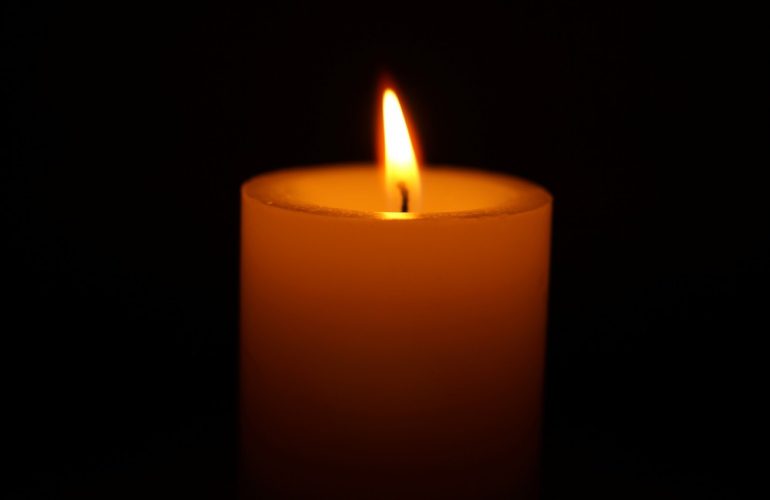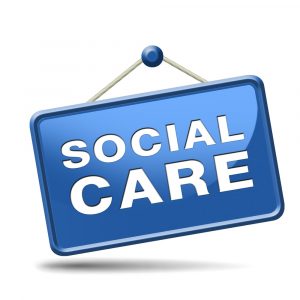Losing a loved one is devastating — emotionally, mentally, and often practically too. But when the person who has died was not only a partner but also a carer, a lifeline, or the one holding everything together, the loss can leave a gaping hole. If you’re feeling overwhelmed, unsure what to do next, or just trying to get through the day — you’re not alone.
This guide gently walks you through what to do after a loved one dies, especially if you or someone they left behind now needs extra support.
-
Take the First Steps
When someone dies, there are a few legal steps that need to happen quite quickly. You’ll need to:
- Get a medical certificate – usually from the hospital or GP.
- Register the death – at your local registry office within 5 days (in England).
- Tell people and organisations – the government’s “Tell Us Once” service can help notify different departments (e.g., DWP, DVLA, Council Tax). You’ll also need to tell organisations outside government, like employers and private pension providers, banks, and utility companies.
- Arranging a Funeral
You can find guidance and help on these steps via gov.uk/after-a-death.
-
Check What Support Is Needed
If your loved one was caring for someone — a partner, a parent, or a friend — that person may now be left vulnerable.
Questions to ask:
- Was your loved one the main carer?
- Did they do most of the day-to-day tasks (shopping, cooking, managing medication)?
- Has the person left behind got physical or mental health needs of their own?
If the answer to any of these is yes, it’s important to ask for help quickly.
-
Ask for a Care Needs Assessment
If someone is now struggling at home, you can request a Care Needs Assessment from their local adult social care team. This is free and can be requested by anyone — including a friend or neighbour on their behalf.
The assessment will look at:
- What they can still manage
- What help they might need (e.g., carers, equipment, meals, etc.)
- Whether they qualify for funded support
Contact your local council’s adult social care team and explain the situation. There should be an emergency number if help is needed urgently.
- Don’t Wait for Support — Get Help in Place Early
Even if you’ve asked the council for help, there can be delays. In the meantime, don’t wait if care is needed now.
If you can afford it, keep the support that was already in place for the couple — even if it’s just short-term:
- A daily care visit
- Help with meals, medication, or getting up and dressed
- Regular companionship
It’s also important to make sure it’s not always family doing everything. That can quickly become unsustainable, especially when emotions are still raw.
Getting a carer to visit daily gives everyone peace of mind, and it helps maintain routines and independence. If you’re not sure where to start, Care Navigators can guide you through arranging private or temporary care while you wait for local authority support.
- Ask for a Carer’s Assessment Too
If you’re now looking after someone who needs support — even just part-time — you are entitled to a Carer’s Assessment. This can help you access:
- Practical help
- Emotional support
- Financial support (like Carer’s Allowance, if eligible)
-
Check Benefits and Finances
The death of a loved one often changes finances — sometimes overnight. Don’t assume nothing can be done.
You may be able to claim:
- Bereavement Support Payment (if your spouse or civil partner died recently)
- Pension Credit or other income-related support as circumstances have changed
- Council Tax Reduction
- Attendance Allowance or Personal Independence Payment (for a surviviing partner of family member)
Probate may change entitlement, for example; receiving a % of a partners State Penison will increase income and affect means tested benefit entitlement.
Tip: Benefits can change when someone dies — get advice to make sure you’re not missing out or claiming for benefits that don’t apply to the circumstances anymore.
-
Take Care of Yourself
Grief is exhausting. It can affect your memory, your sleep, and even your physical health. There’s no right way to grieve, and no timeline.
💬 You don’t have to manage this alone. You might find comfort in:
- Speaking to your GP
- Contacting a bereavement charity
- Talking to someone you trust
It’s okay to ask for help.
-
Let Others Help
In the days after someone dies, people often say “let me know if you need anything.” It’s hard to take them up on it — but this is the time to say yes.
Let people:
- Help with meals or lifts
- Sit with you
- Fill in a form
- Contact services on your behalf
- Reach Out to for Help
You Don’t Have to Do This Alone
When someone dies — especially a partner who kept everything going — it’s easy to feel lost. But help is available, and support is out there.
Whether you need care, financial advice, or just someone to talk to, don’t be afraid to reach out. It’s okay not to have all the answers. One step at a time is more than enough.







